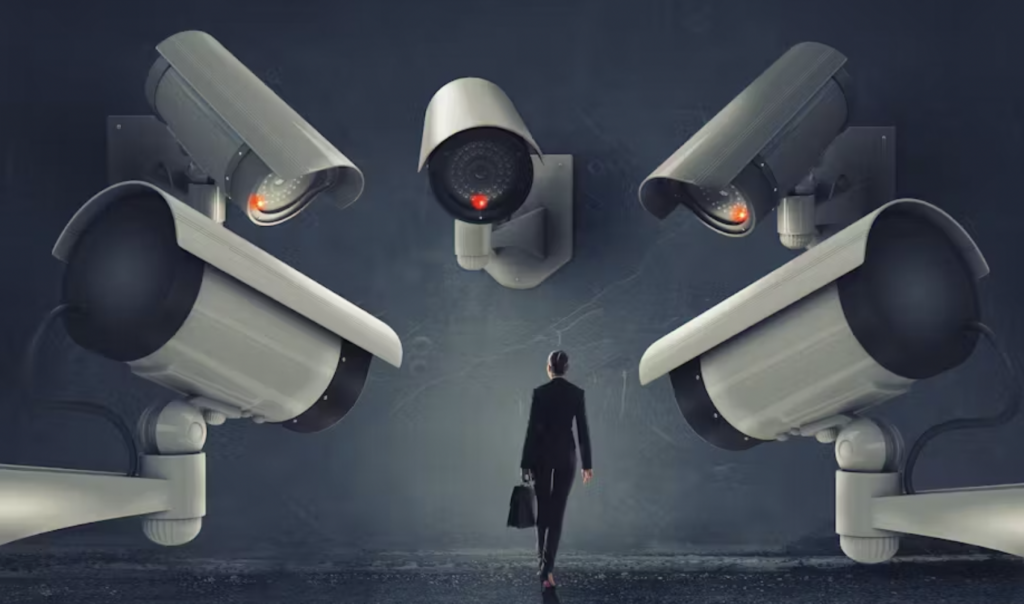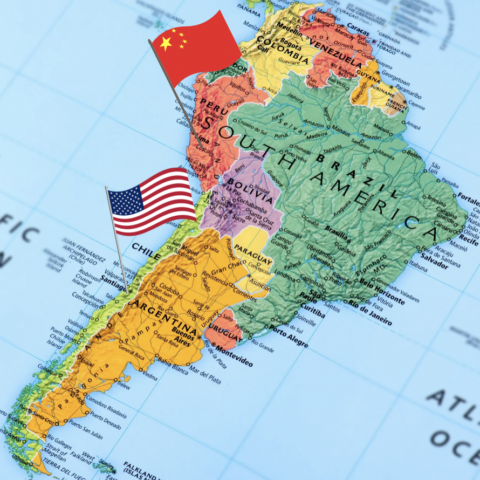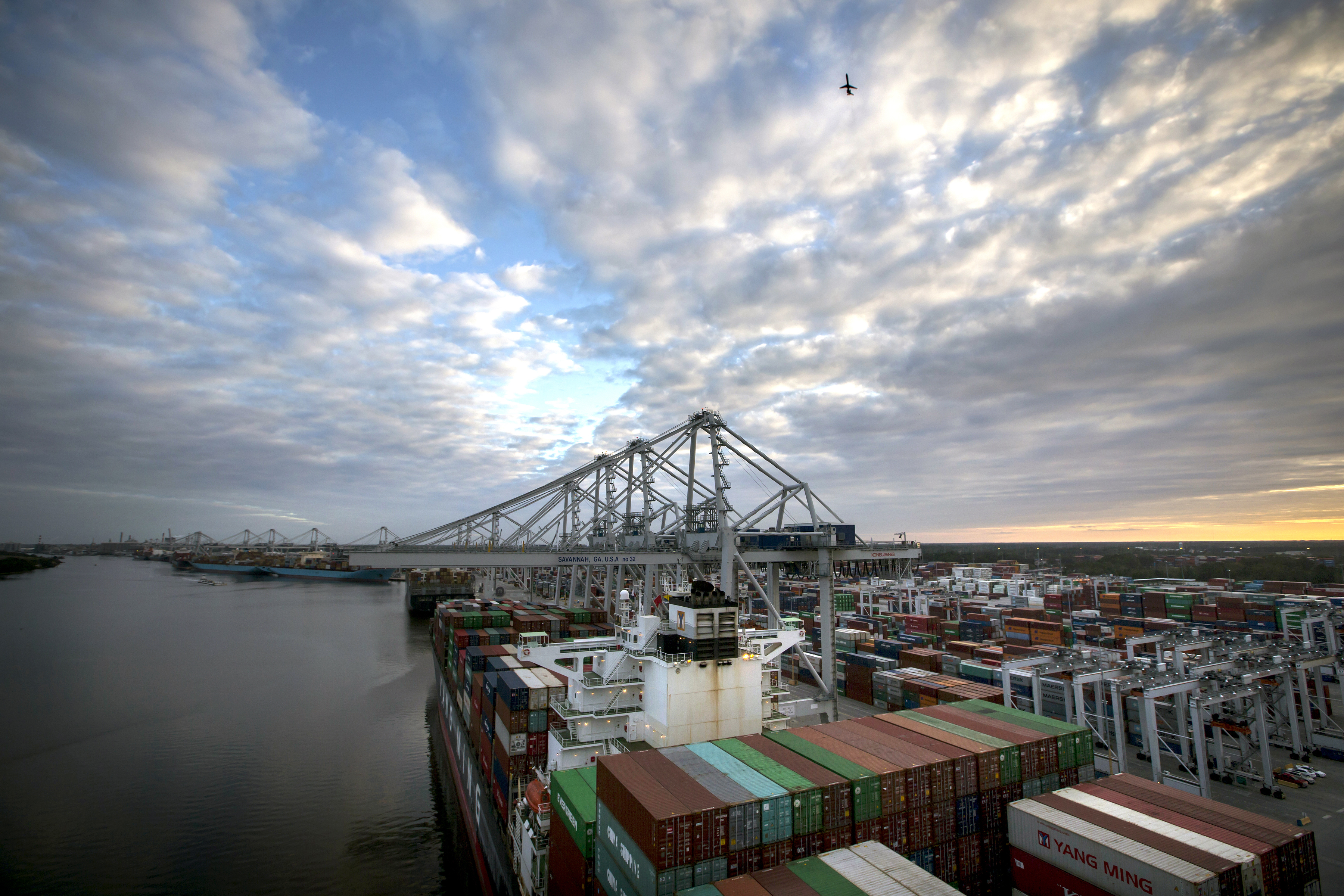By: Katie Kress

For many, the idea of living within a surveillance state is one that evokes feelings of fear; like any other political reality, however, there exist benefits that are often overlooked. Surveillance states are those which employ mass surveillance, often through the use of sophisticated technology, to monitor visitors and citizens alike. However, despite the progress in surveillance technology over the past few decades, traditional surveillance techniques are still employed to this day. For example, law enforcement officers will visit the families and neighbors of those viewed as being in opposition to the government, and the email accounts of journalists, political activists, and human rights advocates who are critical of the government are hacked.
While the use of mass surveillance techniques are often justified with arguments of national security and crime prevention, mass surveillance is largely seen as an unjust intrusion into the lives of citizens and as such, a violation of citizens’ right to privacy. Despite the claims of the use of widespread surveillance solely for crime prevention and improved national security, mass surveillance is often used within surveillance states to suppress criticism of the government from those opposed to its practices. Additionally, the lack of citizen privacy as a result of mass surveillance can impede the enjoyment of other human rights, like freedom of expression and assembly. The former Soviet Union and East Germany serve as historical examples, though their governments did not have the technical capabilities that surveillance states do today. Modern examples of countries that employ mass surveillance are China, Russia, Morocco, and even the United States.
The Chinese government, for example, employs a far-reaching surveillance system called “Skynet,” which is comprised of over 700 million surveillance cameras — approximately one camera for every two citizens. Surveillance in China is not just limited to Skynet, however; citizens’ and visitors’ movements and online activities are tracked through the use of IDs to buy tickets for public transportation and SIM cards, as well as to sign up for WeChat, a messaging service used by nearly everyone in China. During the COVID-19 pandemic, citizens were required to download an app that allowed the government to track their movement. While this was intended to prevent and track the spread of the virus, the app was abused by authorities in the Zhengzhou province to prevent protests.
In Morocco, similar surveillance technology, along with social media monitoring and mobile phone spyware, is used to target journalists, politicians, and peaceful activists for arrest, harassment, and torture. While the Moroccan government employs fewer surveillance cameras than the Chinese government, it is an “avid consumer” of internet and phone interception technologies. Despite the codification of the right to privacy in the 2011 Constitution of Morocco, these tools are used frequently by law enforcement and intelligence agents to surveil not just opponents but regular citizens as well.
The use of mass surveillance by the state is dangerous, as it is a tool easily abused for the intrusion into the privacy of citizens by the government — especially for those perceived as opponents of the government. However, there are some benefits to mass surveillance that are oftentimes overshadowed by these dangers. Though mass surveillance is abused by many governments to repress critics and opposition, it can actually be used to improve national security and address crime. The constant monitoring of citizens nationally allows for an increase in safety for citizens who are not actively in opposition to the government. For instance, the presence of security cameras can be extraordinarily helpful in identifying and tracking perpetrators and witnesses of crimes, and by providing visual evidence of the crime.
Not only does mass surveillance aid in solving crime, but it actively helps to prevent crime because citizens are aware of the fact that their activity is being monitored. By constantly being watched, criminals are left with “‘nowhere to hide.’” In Baltimore and Chicago, surveillance cameras were found to be linked to reduced crime. Mass surveillance can also benefit national security efforts by allowing for the interception and analysis of communications among members of groups posing a threat to national security, such as members of terrorist groups. Mass surveillance improves the state’s ability to identify hostile actors and provides a large amount of data that helps “connect the dots between disparate pieces of information.”
The presence of mass surveillance is neither inherently good nor bad; the determination of surveillance systems’ worth is based on how they are used by the government. When abused by the government to target members of its opposition or minority groups, the effect on society is overwhelmingly negative. When used to find perpetrators of crimes and stop threats to the public, these systems can have an immensely positive effect on society. By centering the discussion of mass surveillance almost entirely on the negatives, we fail to take into account other ways this technology can be used for good. Finding a way to ensure that mass surveillance is not abused is a near-impossible task, but it is one that we must take on as our technological capabilities continue to advance.

